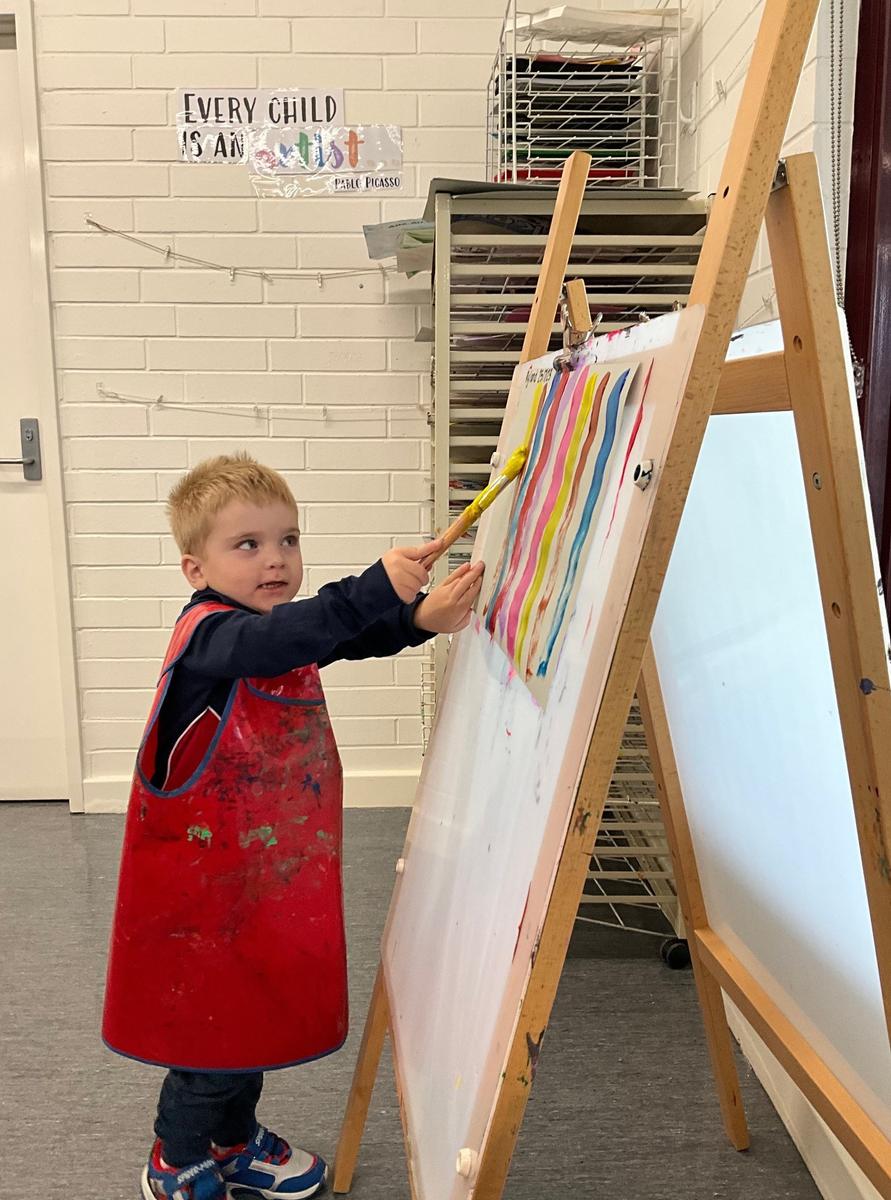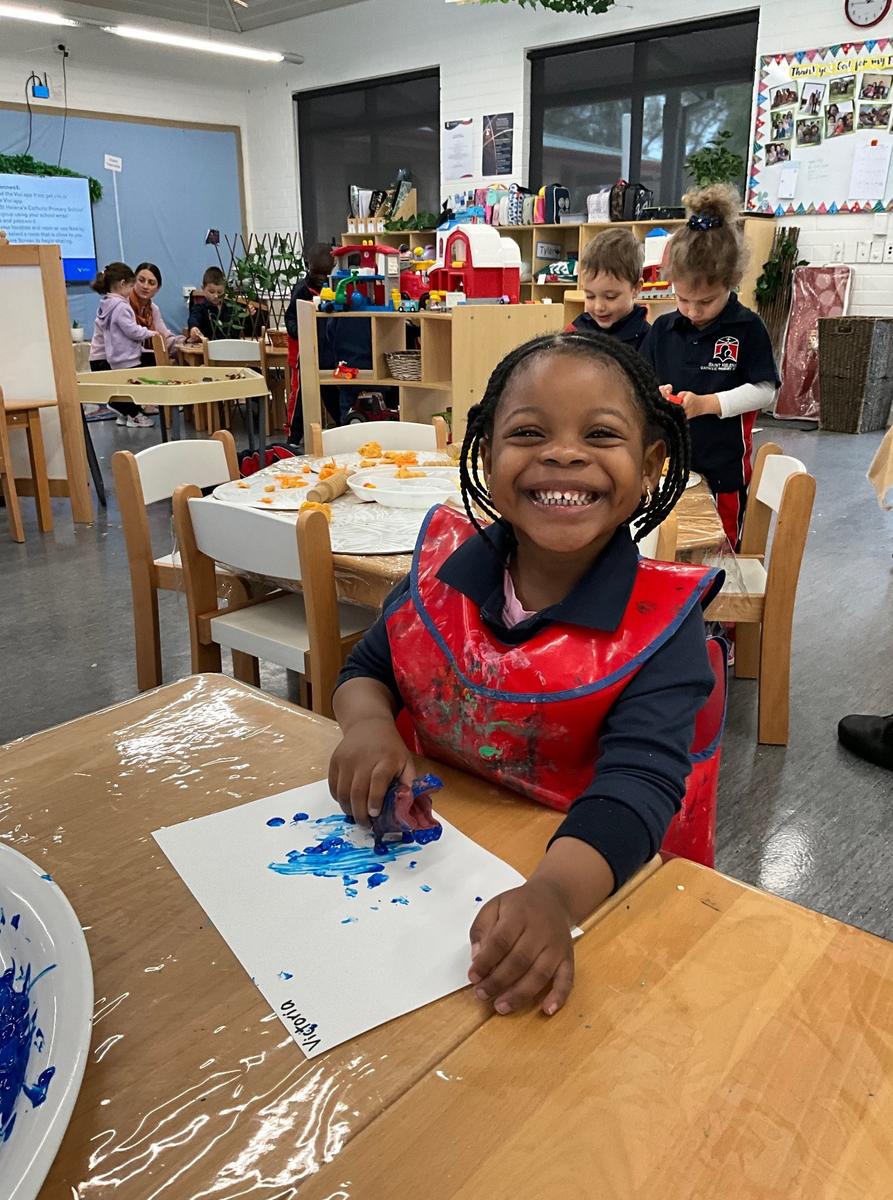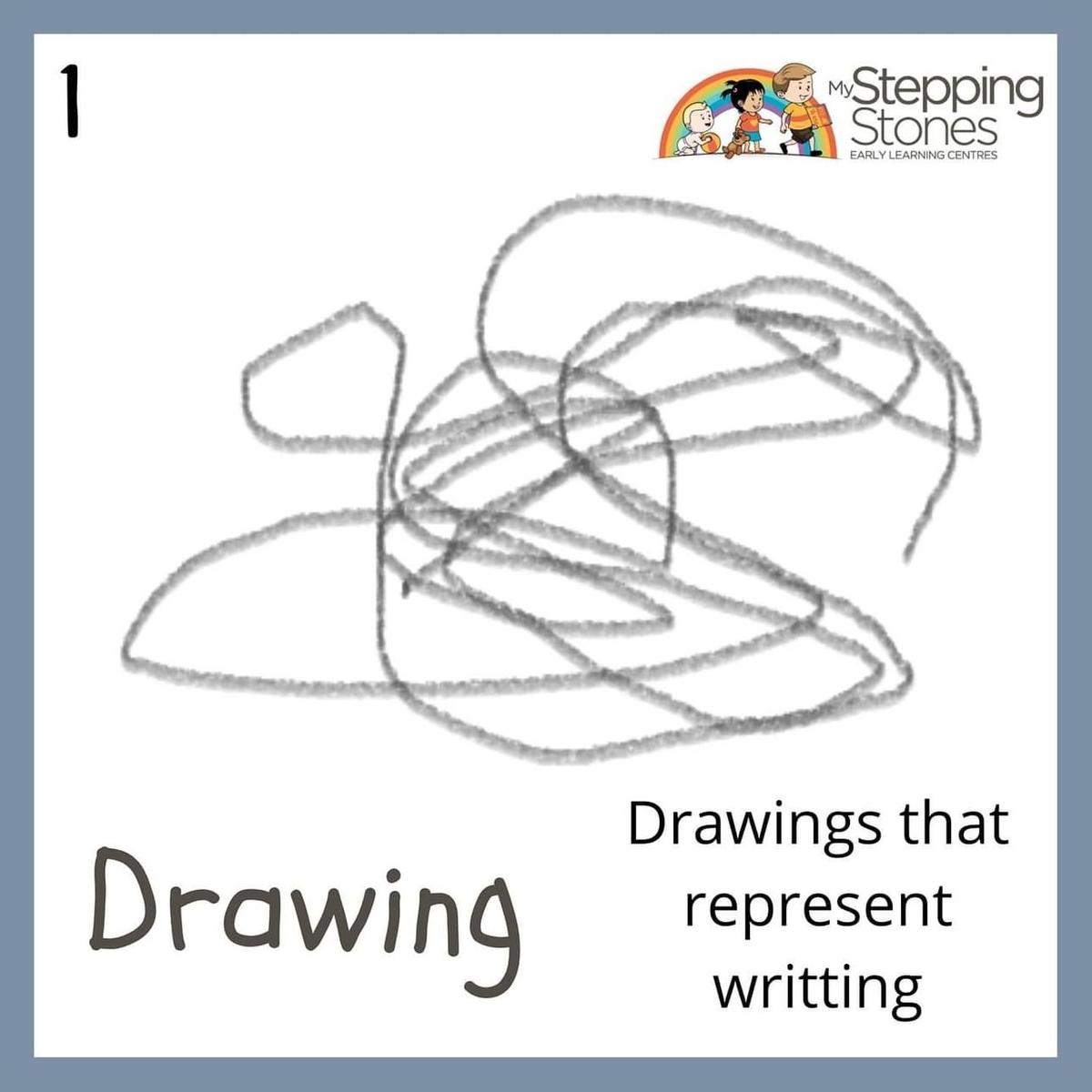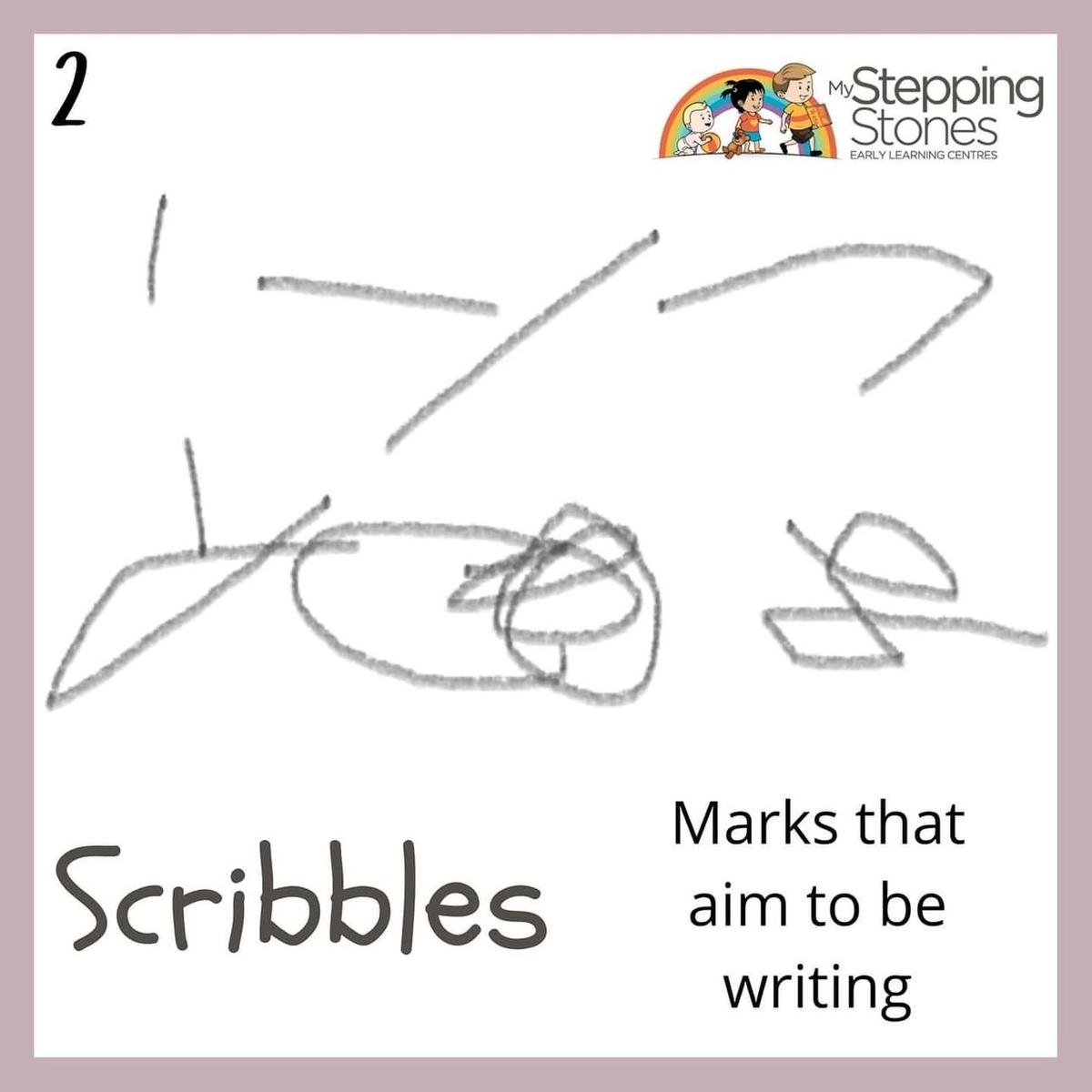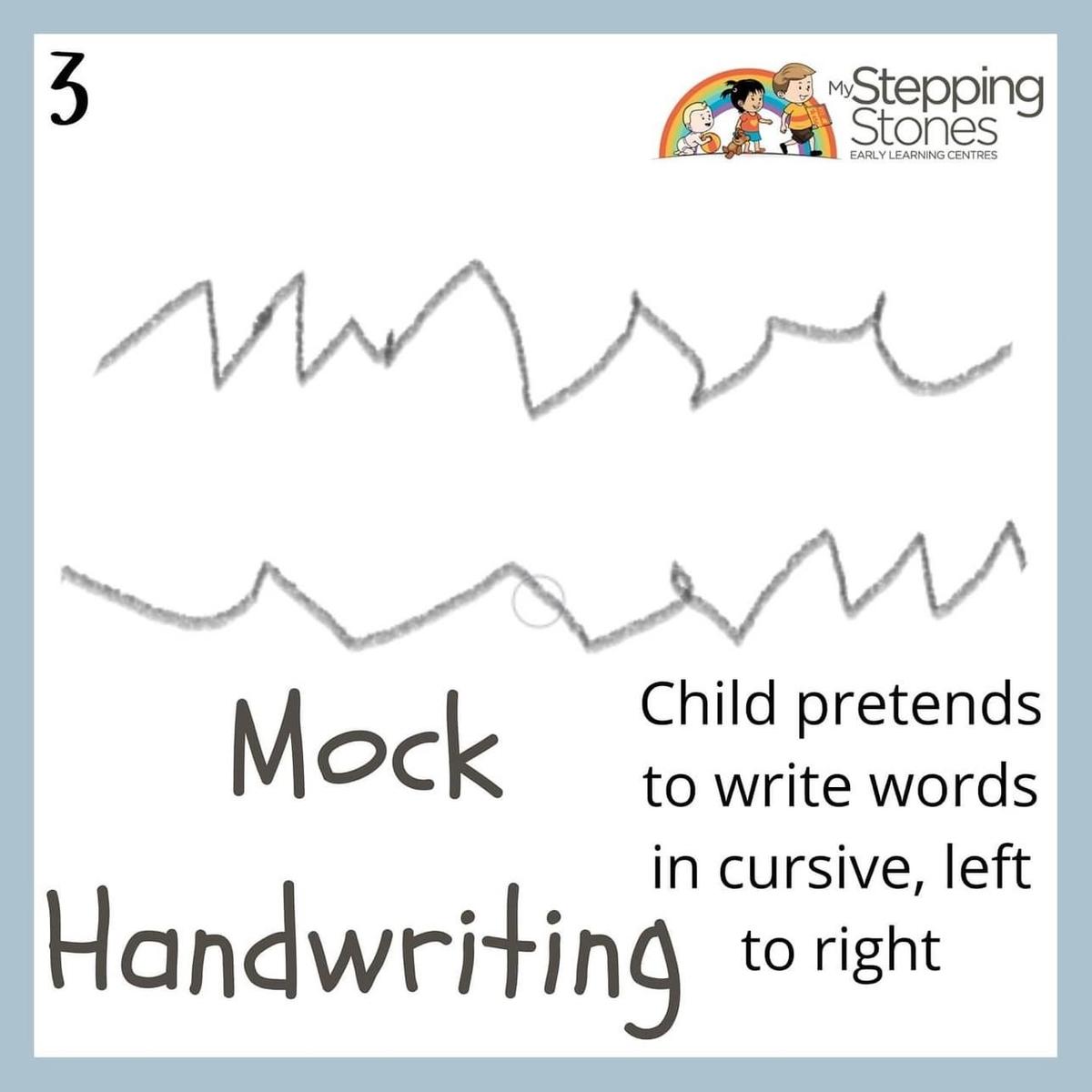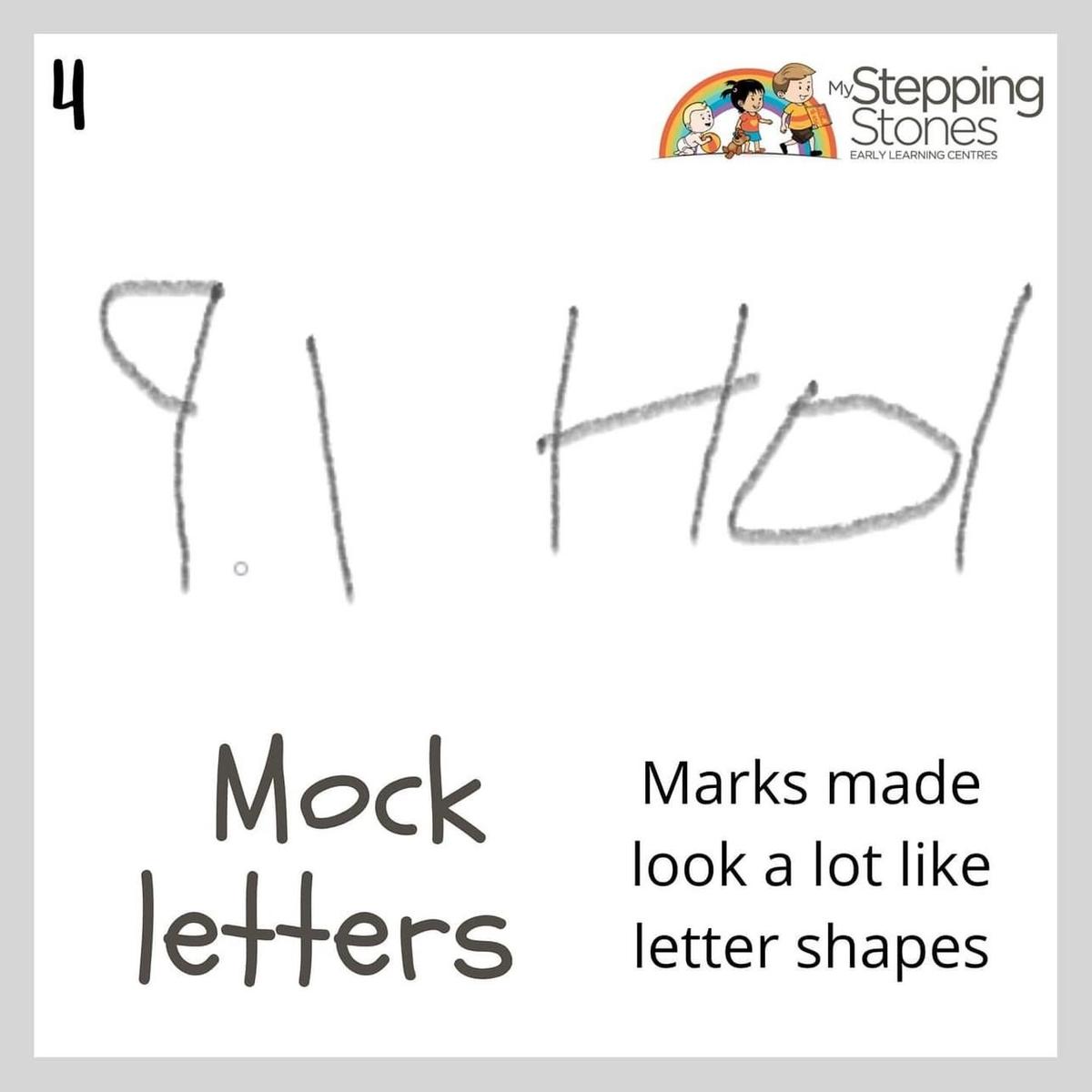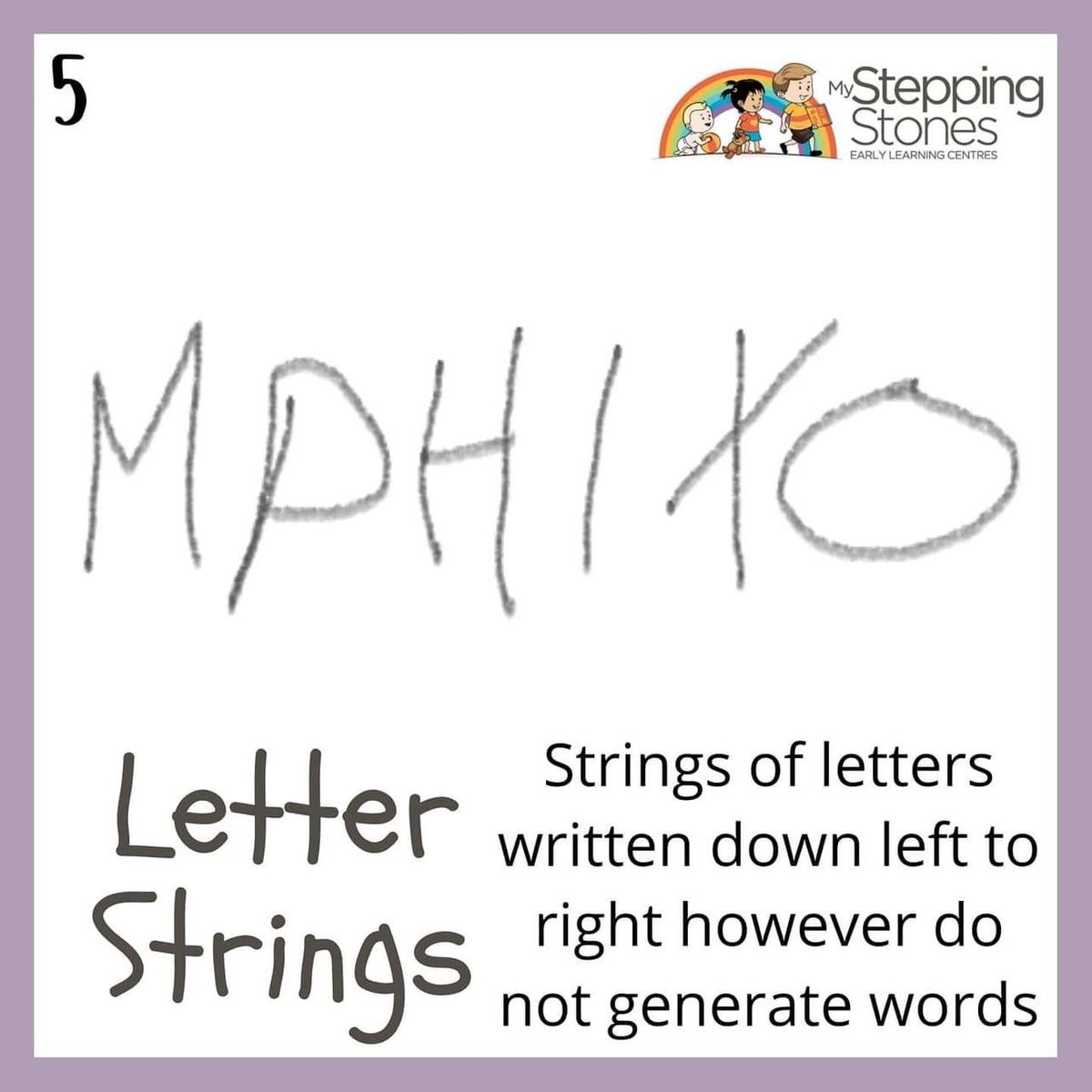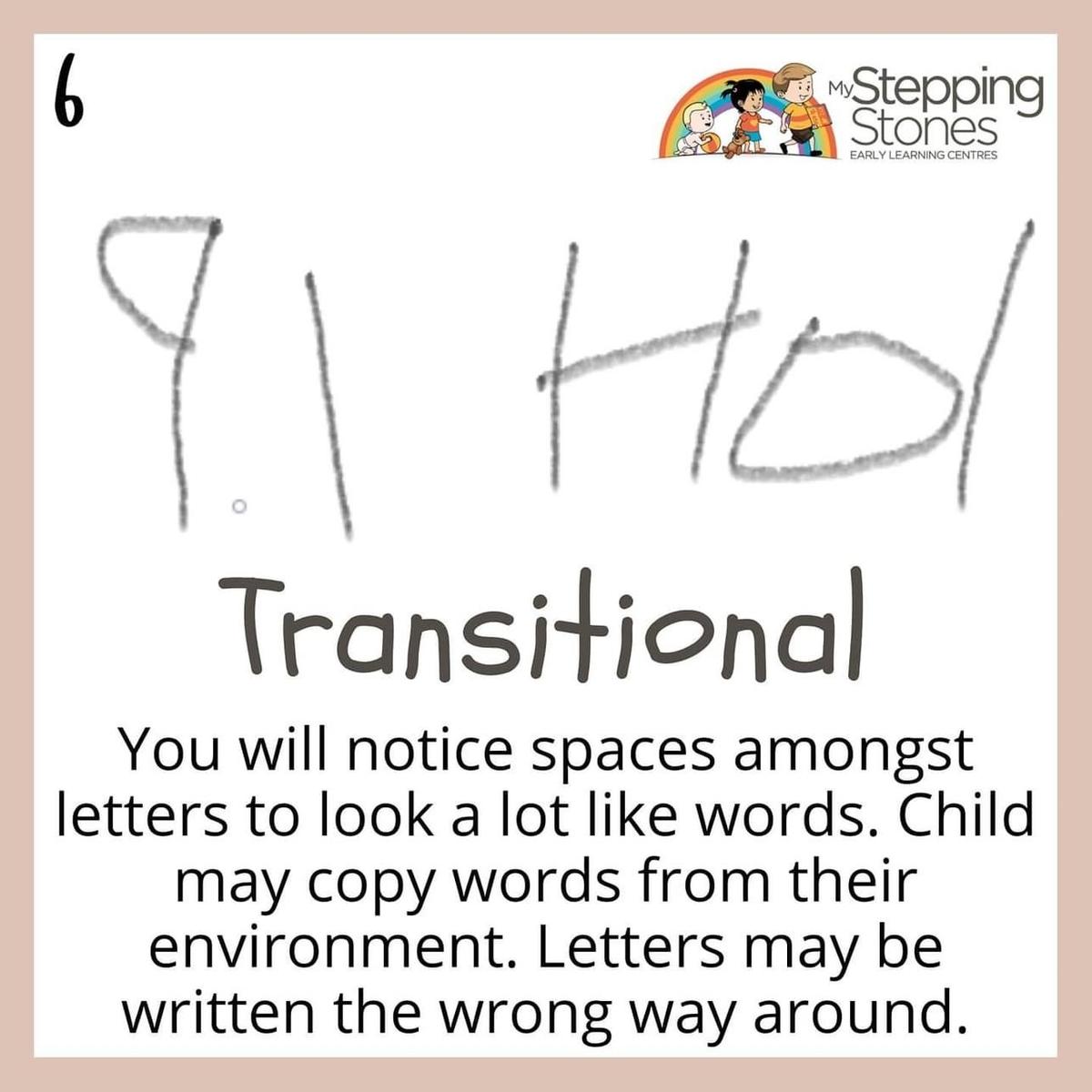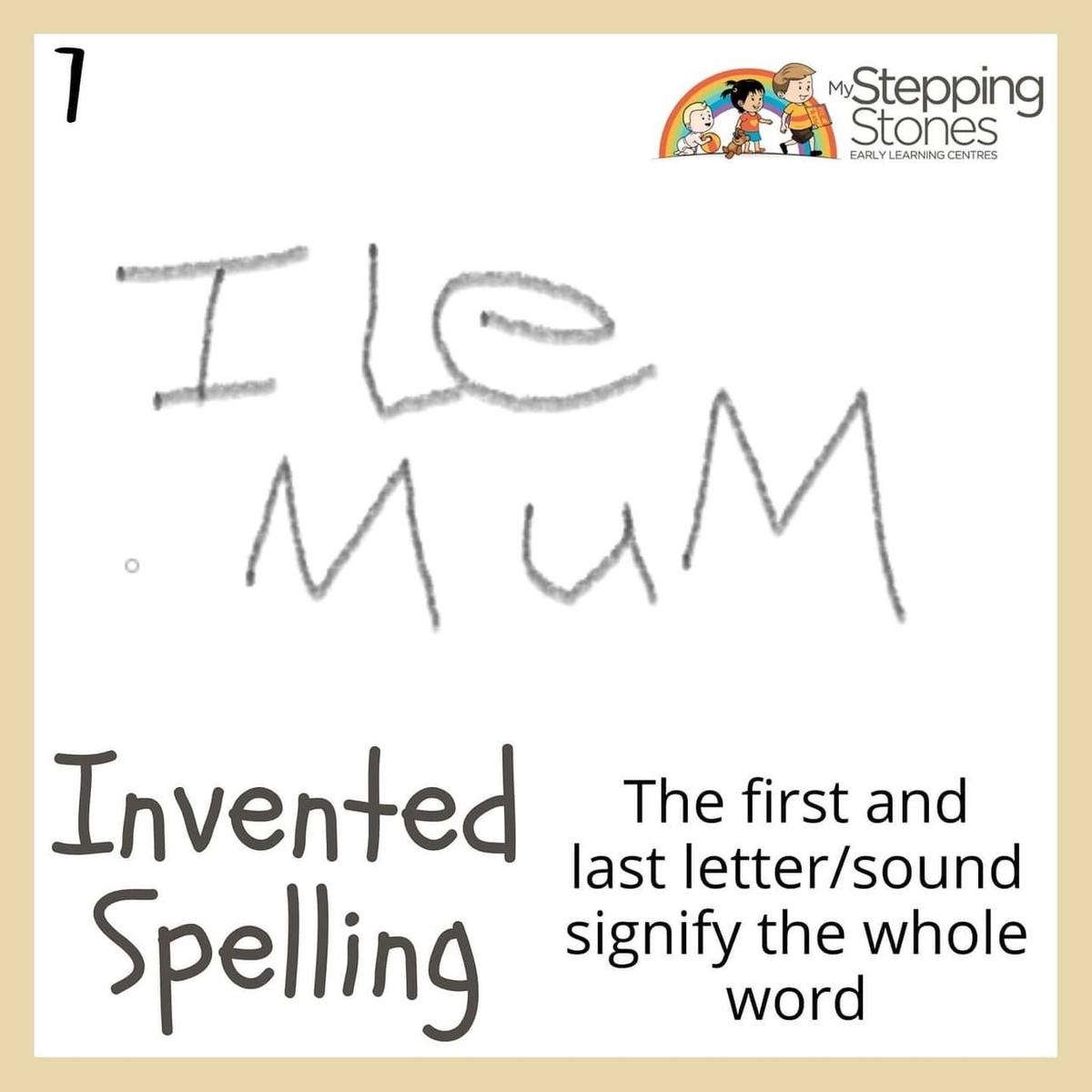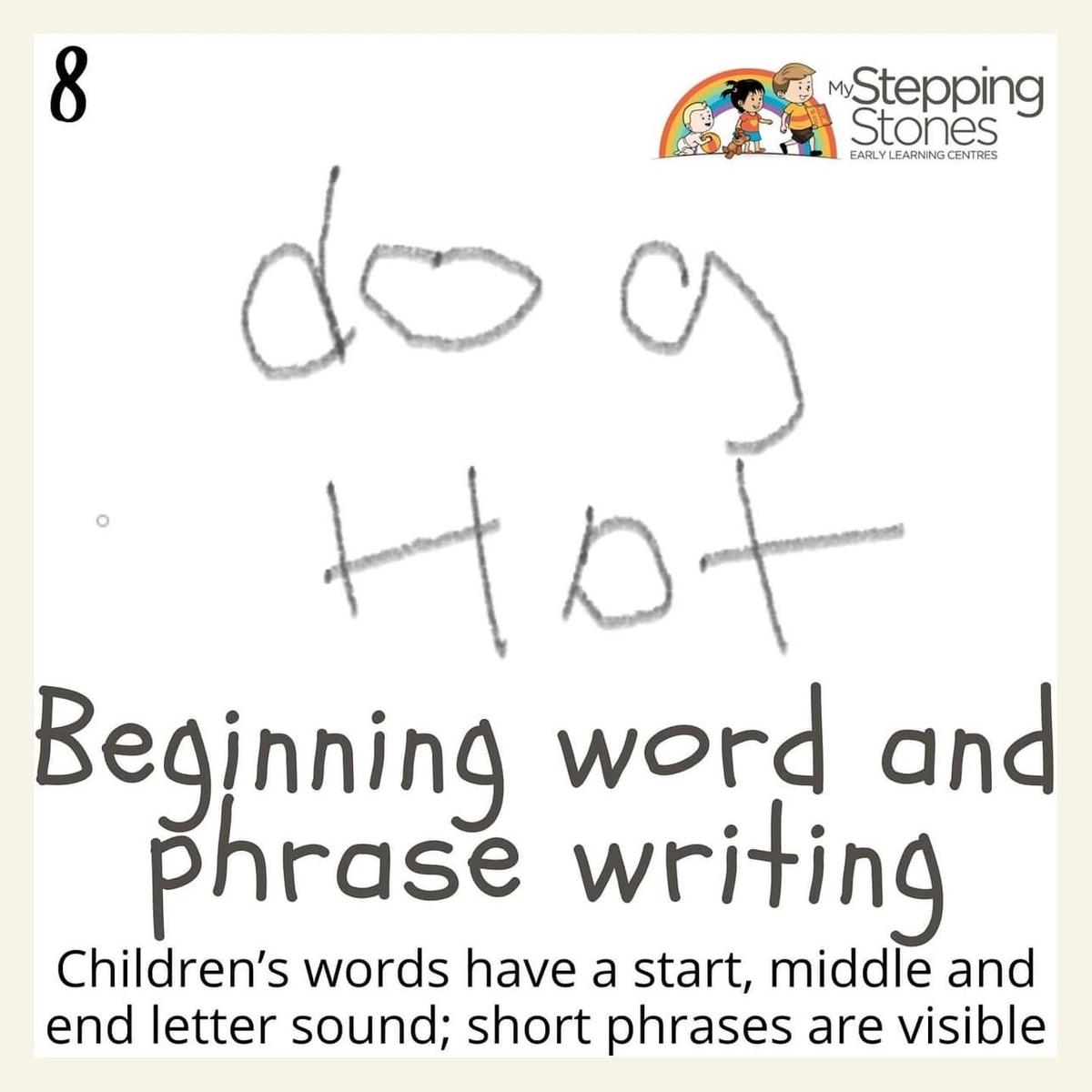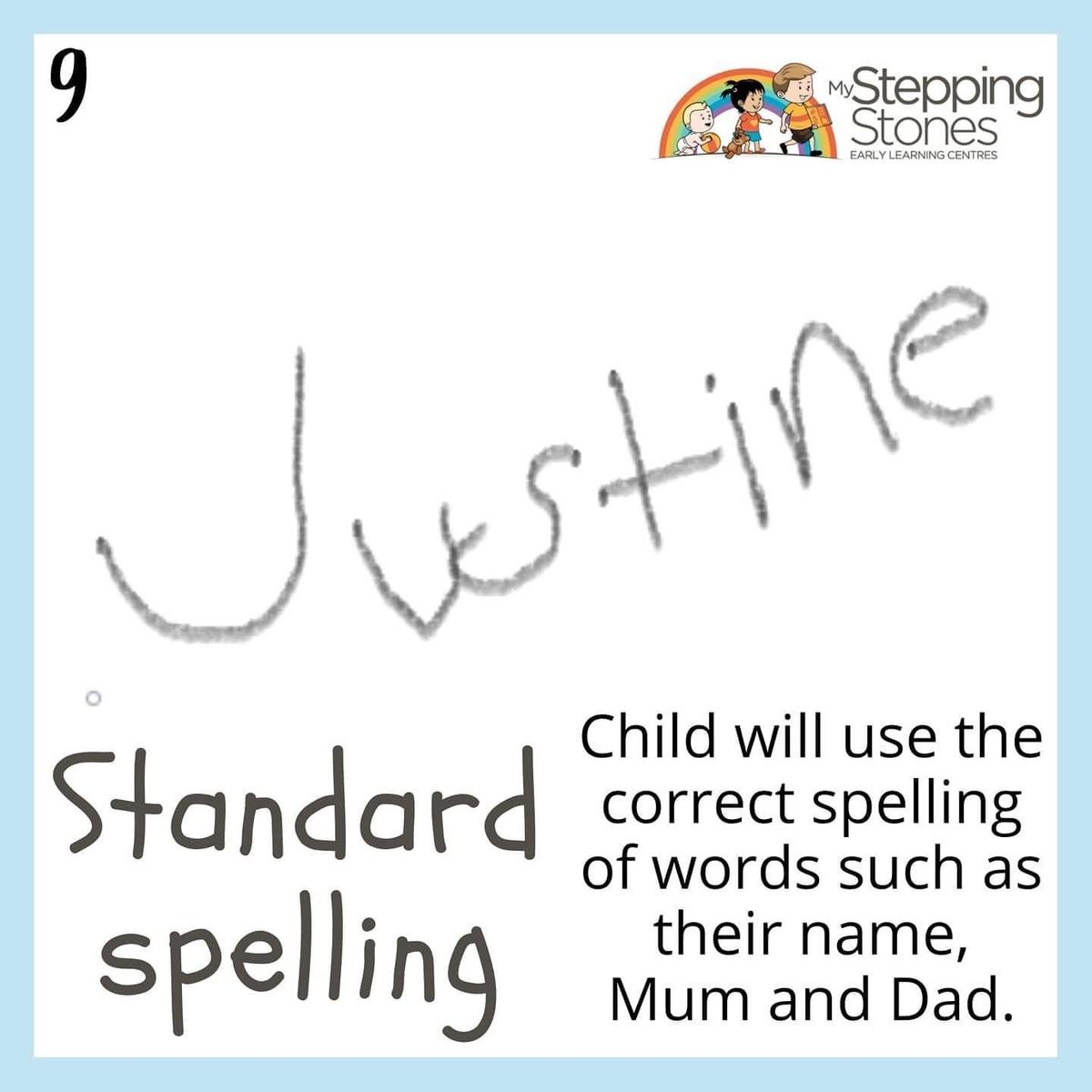Early Childhood News
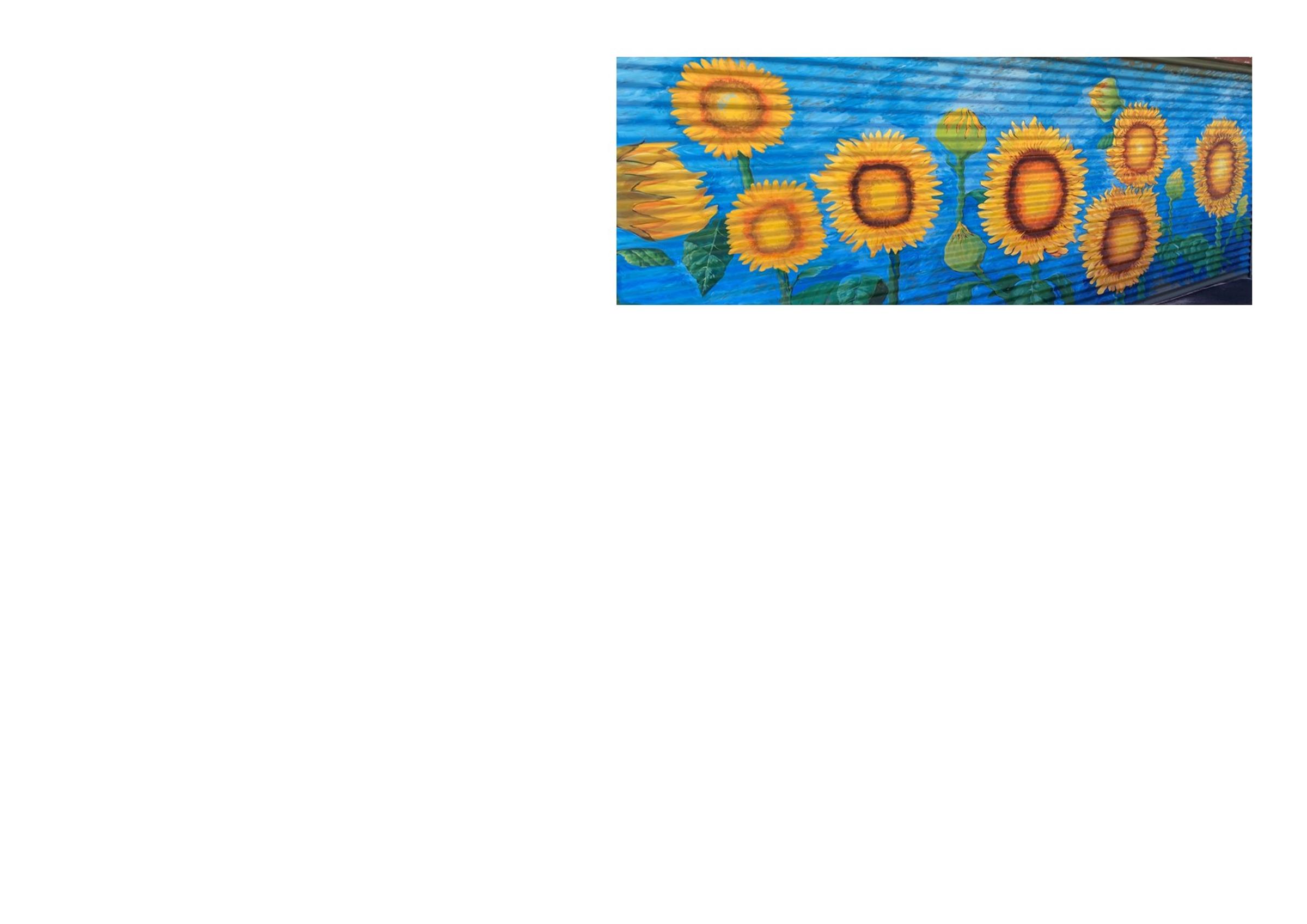
Learning to write is an important developmental skill with different stages that children progress through. Learning to write involves a lot of brain power as children need to control their physical bodies (by using the correct pencil grip and fine motor skills to make marks on a page) as well as mental skills (thinking of an idea and matching it to the marks they are making on a page).
Scribbling and Drawing
Children begin to write with scribbles and drawings that seem abstract to us but hold meaning for them. They explore the world of communication by making marks on paper, often imitating the writing they see around them. These early marks lay the foundation for fine motor skills and the understanding that symbols can convey meaning.
Letter and Symbol Exploration
As children become more aware of the alphabet, they start experimenting with letter forms. This stage involves writing random letters or strings of letters, often attempting to recreate the shapes they encounter in books, signs, and their environment.
Emergent Writing
At this stage, children begin to associate letters with sounds and start to create strings of letters that resemble words. The writing might be a mix of letters, drawings, and invented spelling. It's a phase where their creativity shines as they tell stories and share ideas through their own writing style.
Phonetic Spelling: Sounding It Out
During this stage, children grasp the basics of phonics and use their understanding to spell words phonetically- by the way words sound. They might write "fon" for "phone" or "frnd" for "friend." It's important to encourage their efforts and gently guide them toward correct spellings without stifling their enthusiasm.
Transitional Spelling: Bridging the Gap
As children grow in their language skills, they move from phonetic spelling to using more conventional spelling patterns and rules. Often stories written with transitional spelling show a mix of phonetic and standard spelling.
Conventional Writing
In this stage, children begin to write with greater fluency, using proper grammar, punctuation, and more accurate spelling. They express their thoughts more clearly and cohesively. This is a phase where their writing begins to resemble adult writing and often mimics storylines and structure they have seen in books and other texts.
Every stage in a child's writing journey is important to their burgeoning creativity and communication skills. By embracing and celebrating each phase, adults provide the scaffolding needed for children to flourish and reach their full potential.

